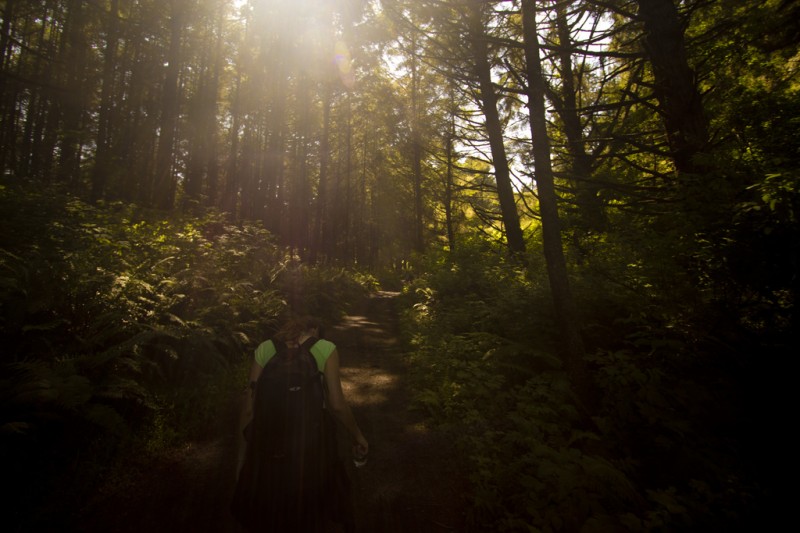
No one with fully functional eyes can deny how awe-inspiring nature is. Even if you haven’t gotten out to the shores of one of the great lakes or hiked an Appalachian trail, just watching the sunset in the park can give you a taste of what’s in store for you when you really get out into the outdoors.
What comes to mind when you think of the great outdoors? Every outdoorsman or woman has their favorite activity: like fishing on a calm, fog shrouded lake, stalking elk at dawn, or even hanging off the north face of a challenging mountain. If those appeal to you, great; they appeal to me too. The problem is, I’m a lousy shot, I have an attention span measured in nanoseconds and something about hanging a mile off the ground seems a little unhealthy to me.
So what’s the alternative for generation X and Y outdoorsmen like me? Maybe the answer will be different for you, but for me, it has been hiking.
Hiking is the perfect sport for those of us who want to get out and enjoy nature, but don’t necessarily want to slow down enough for fishing or have the time to spend out honing our shots on the range or in the back yard.
One of the most appealing aspects of hiking is its accessibility and variable levels of difficulty. At its most basic level hiking is little more than walking through the woods. At its most advanced, hiking can be a grueling hike up into the mountains lasting for several days or even longer. To walk through the woods you don’t need much more than a pair of boots, weather appropriate clothing, a little water, a compass, and maybe some insect repellent, depending on the weather.
However, if you want to go a step above afternoon walks in the woods, there are a few things you should keep in mind while you hike.
First, always take the beginning of the hike slow and stretch first. A quick way to end a hike is to cramp up or burn out and have to sit to the side of the trail and cool down or, worse yet, turn around and head home. In that same vein, don’t take on hike you’re not ready for. If it is one of your first few times out, don’t take on a seven hour hike up a steep incline.
If you have doubts about your ability to take on a given hike, get in the gym on an inclined treadmill, set it a difficult pace and put some hours in. This will make sure you have the wind and the muscle development to take on challenging climbs. Note: If you have any suspicions about not being healthy enough to hike or exercise, see your doctor first.
Making sure your body is in shape is only one part of hiking preparation. What goes on your body can be just as important. Hiking apparel comes down to one word: layers. Dressing in layers allows you to be prepared for the elements (especially important for longer hikes) and minimize perspiration. Also, make sure you have a good pair of hiking shoes that are going hold up to the terrain and weather.
Once your body is in shape, you want it to stay that way. So make sure you bring emergency supplies. If something goes wrong, your cell phone, bandages, extra water, a compass, and a blanket can all be important to your survival, so make sure you have them with on any hike. If you feel like dropping the extra coin, a GPS can also be a handy tool to have at your disposal. Don’t forget to bring a camera so you share your experience with others.
The most important thing you can bring on any hike is your mind. Use it and you’ll stay safe. Beyond, that make sure to use it to take in your surroundings. You going to have nature everywhere around you; it’d be a shame if you didn’t take the time to take it in and appreciate it.
Photo: Rafael Sanches

 Your Privacy Choices
Your Privacy Choices
 The
The